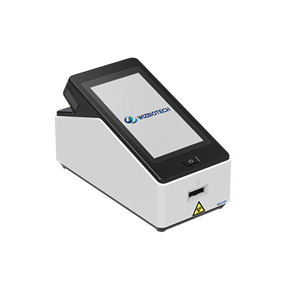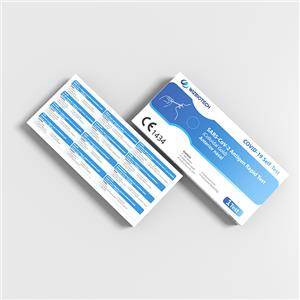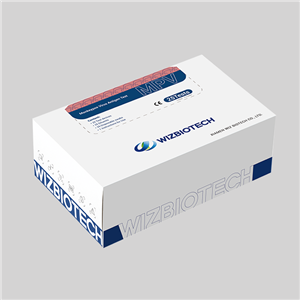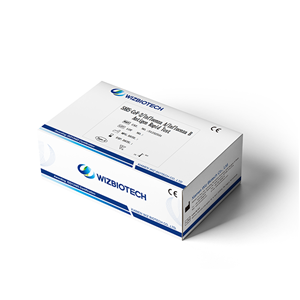High Incidence of Autumn Diarrhea! Be Aware of Rotavirus and Adenovirus
As cooler weather approaches, we enter a critical period for autumn diarrhea.
Autumn diarrhea, clinically referred to as rotavirus (RV) enteritis, represents the most prevalent cause of diarrhea among the elderly, infants, and individuals with compromised immune systems during the fall and winter months. This virus is primarily transmitted through the fecal-oral route and respiratory pathways, manifesting as acute diarrhea, fever, and symptoms associated with upper respiratory infections. Infants and young children are particularly susceptible due to their immature gastrointestinal development and weakened immune defenses, leading to more pronounced symptoms.
Adenovirus (AV) also plays a significant role in causing diarrhea in infants, accounting for 7% to 19% of pediatric diarrhea cases, with an incidence rate second only to that of rotavirus. The likelihood of rotavirus infection is notably higher in children aged 6 months to 2 years, while those under 23 months are at increased risk for intestinal adenovirus infections. Coinfections with both viruses are common, highlighting the importance of simultaneous testing for rotavirus and adenovirus in pediatric diarrhea diagnosis.
The significance of actively diagnosing rotavirus and adenovirus cannot be overstated.
Both rotavirus and adenovirus infections are typically self-limiting in nature. For healthy young and middle-aged individuals, recovery is often achieved through appropriate dietary management and rest. However, for the elderly, infants, and immunocompromised individuals, the clinical course may be more severe. Currently, there are no specific antiviral treatments for these infections; management is primarily supportive, aimed at assisting vulnerable populations in navigating their illness while awaiting natural recovery. Timely pathogen identification is essential for effective symptomatic treatment.
The use of latex agglutination tests for detecting rotavirus and adenovirus antigens can significantly enhance the rapid diagnosis of common diarrheal pathogens in outpatient settings. In this context, the Baby Diarrhea Combo Test plays a crucial role.
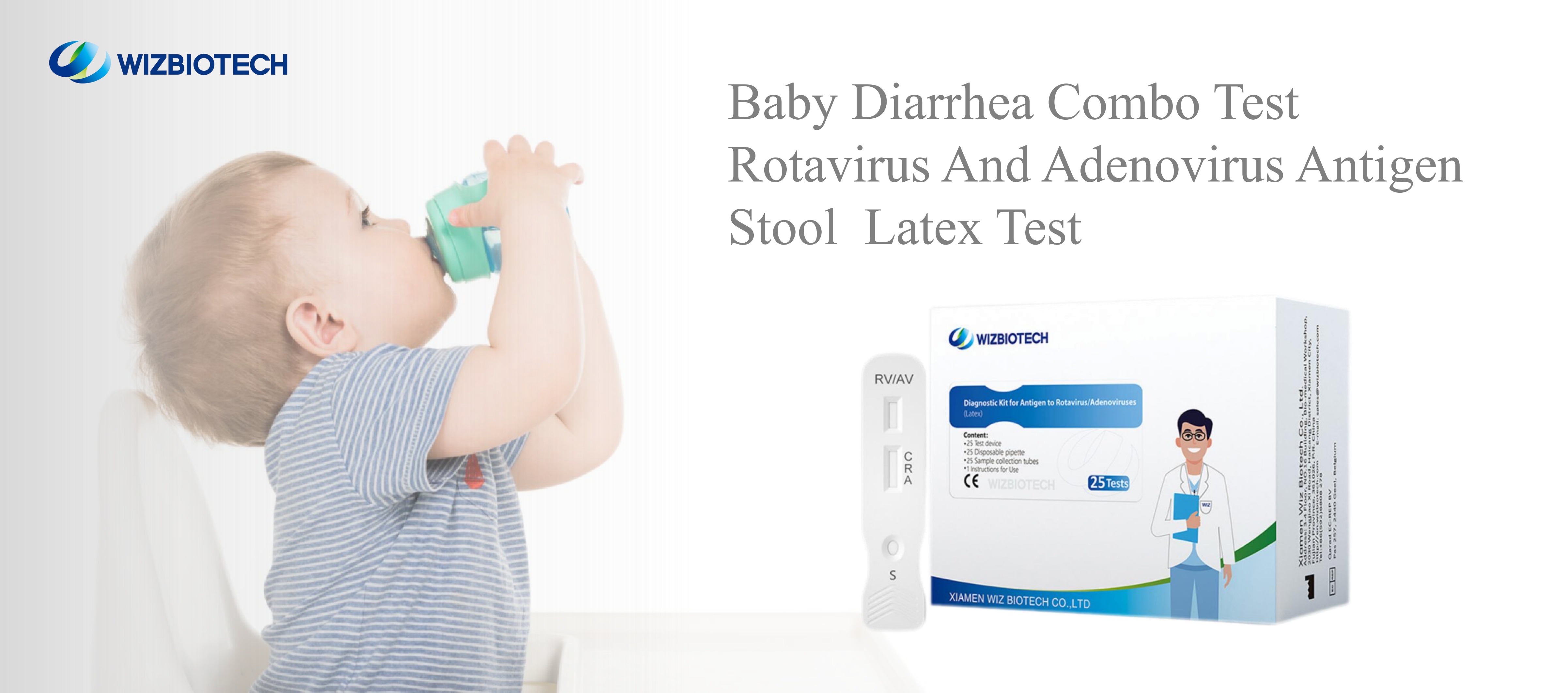
Wizbiotech's Baby Diarrhea Combo Test Rotavirus And Adenovirus Antigen Stool Latex Test is applicable to qualitative detection of species A rotavirus or adenovirus antigen that may exist in human stool sample. It only takes 10~15 minutes to get results, which helps healthcare providers to diagnose pecies A rotavirus and adenovirus infection earlier.; This rapid diagnosis is crucial, especially when employing both the Baby Diarrhea Combo Test and the Autumn Diarrhea test. It is highly sensitive and accurate, making it ideal for self-examination, hospital laboratories, blood transfusion departments, emergency rooms, and disease control systems.

